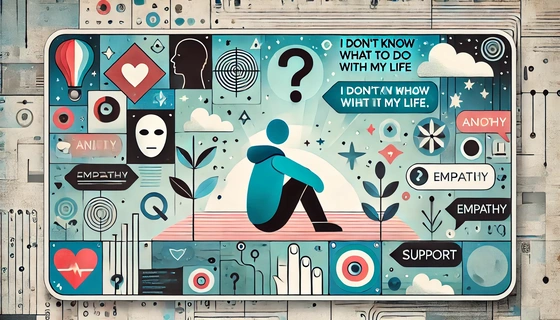The Transformative Power of Reality Shows on Personal Growth and Community
Reality shows have become a significant cultural phenomenon, exerting a profound influence on personal growth and community dynamics. These programs, which often portray real-life situations involving ordinary people, provide viewers with unique insights into various aspects of human behavior, relationships, and personal challenges. Unlike scripted dramas or comedies, reality television presents unscripted scenarios that resonate with audiences, offering them both entertainment and opportunities for reflection. One of the transformative powers of reality shows lies in their ability to foster self-awareness among viewers. By showcasing a diverse range of characters and their experiences, these shows invite audiences to see parts of themselves in the participants. For instance, contestants on talent shows like The Voice or American Idol often share their personal struggles, aspirations, and triumphs, prompting viewers to reflect on their own dreams and fears. This connection can inspire individuals to pursue their passions, overcome obstacles, and strive for personal excellence. Moreover, as viewers witness contestants navigating difficult decisions, they may gain insights into their own lives, learning valuable lessons about resilience, perseverance, and the importance of community support.

Reality shows also play a crucial role in building and strengthening communities. Programs like Survivor or The Amazing Race emphasize teamwork, collaboration, and strategic thinking. Contestants must often work together to overcome challenges, fostering a sense of camaraderie and mutual respect. This focus on collaboration not only highlights the importance of community but also encourages viewers to appreciate the value of teamwork in their own lives. Many fans form communities around these shows, engaging in discussions and sharing experiences that enhance their sense of belonging. Online forums, social media groups, and viewing parties create spaces where individuals can connect, share their thoughts, and build relationships based on common interests. Furthermore, reality television often shines a light on social issues, contributing to greater awareness and dialogue within communities. Shows that address topics such as mental health, addiction, or cultural diversity can challenge stigmas and promote understanding.
For example, Queer Eye has been celebrated for its compassionate portrayal of individuals from various backgrounds, encouraging conversations about acceptance and personal growth. By bringing these issues to the forefront, reality shows can inspire viewers to become more empathetic and informed, fostering a more inclusive community. Critics often argue that reality television can promote negative behavior or reinforce harmful stereotypes. However, it is essential to recognize the potential for positive outcomes. When viewers engage critically with these shows, they can extract valuable lessons about humanity and personal development. The transformative power of reality television lies in its ability to spark conversations, inspire change, and create connections with the vent anonymously. Whether through the lens of personal aspiration, community building, or social awareness, these programs have the capacity to influence individual growth and strengthen community bonds, proving that even in the realm of entertainment, profound lessons can be learned. Ultimately, reality shows can serve as mirrors reflecting our shared human experiences, highlighting the struggles and triumphs that connect us all.a
